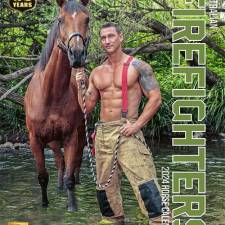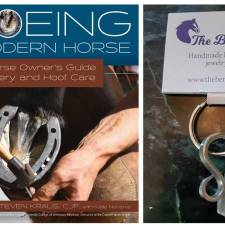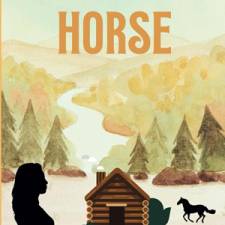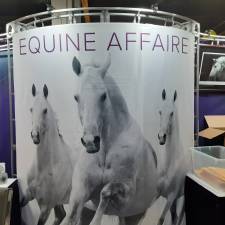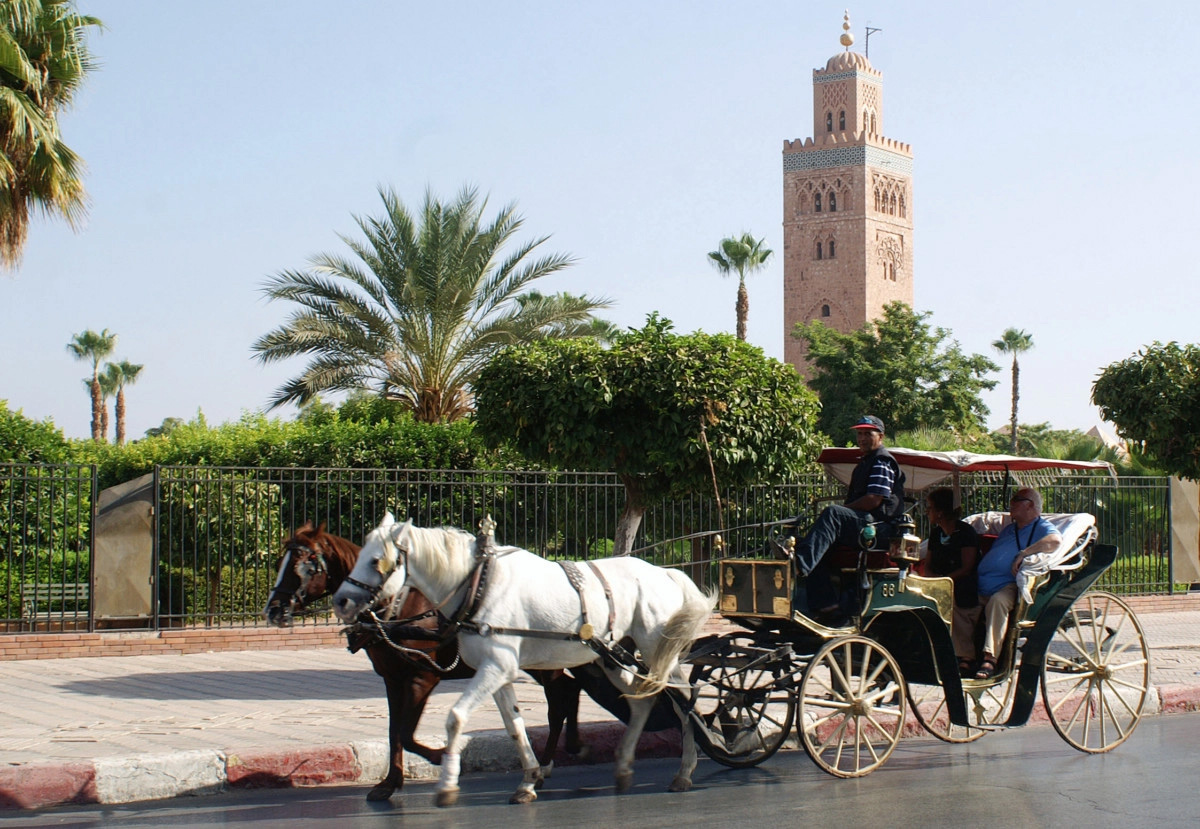
Jane Common heads to Morocco to find about ethical animal tourism and SPANA - a charity providing care for working animals.
Hailing a horse-drawn carriage (or caleche to give the striking green, red and gold vehicles with lanterns on the side their traditional name) is easy in Marrakech when your companion is Hassan Alyakine. Hassan is country director of Morocco for SPANA, the charity for the working animals of the world, and well-known among caleche drivers.
Since 1988, SPANA vets have been tasked with granting licences to the 148 caleches on the basis of the health of their equine engines, which, day in and out, tread the city streets pounded by their forebears for well over a century. The horses are given MOTs three times a year, as well as spot-checks, and, if passed fit and well, adorned with a SPANA band on their fetlock.
And, by offering Hassan a comfortable ride, the drivers perhaps reckon to boost their chances at the annual Caleche of the Year Awards, hosted by SPANA since 1996.
Sheer stamina
This year the awards will be celebrated to much fanfare in Marrakech’s main square, Jemaa el-Fnaa, on 15th June, International Working Animal Day. It’s an appropriate spot as here, between the square and Koutoubia mosque – the tallest spire in the city – lies the caleche ‘taxi rank’ where the horses line up in their pairs, often taking the opportunity to have a crafty nap, one of their back legs balletically bent, until they’re booked for the next ride.
SPANA has been active in Morocco since it was founded in 1923 by two British women – Kate Hosali and her daughter Nina – who’d been shocked by the conditions working animals laboured under during a holiday in North Africa. Kate eventually settled in Marrakech, treating horses, donkeys, mules and camels.
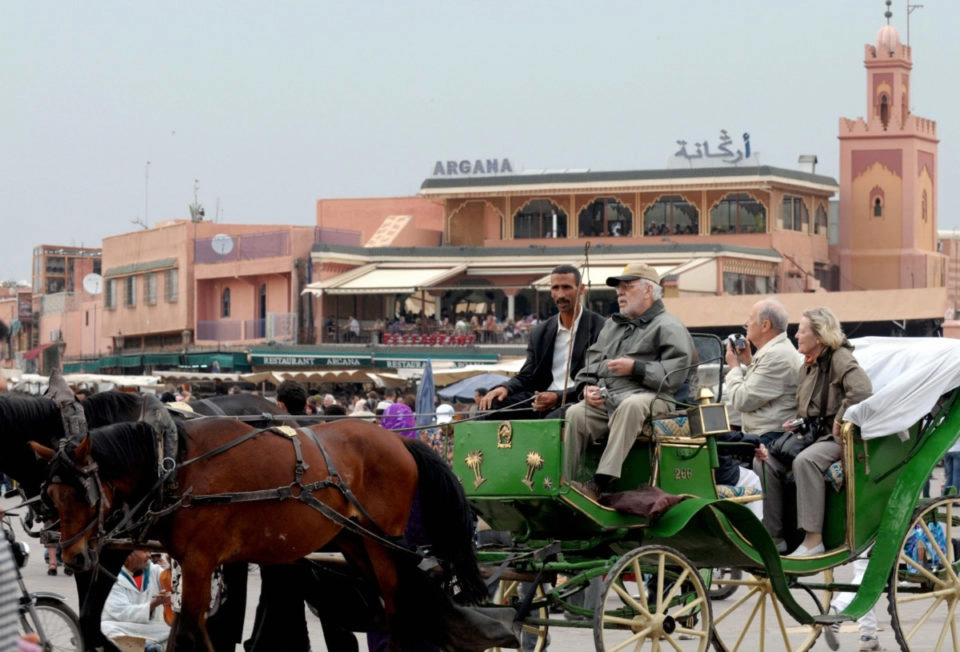
She was known as Toubiba – lady doctor in Arabic – and now the charity she founded provides free veterinary treatment to working animals in 25 countries around the world, including Morocco’s 1.7 million.
Most visitors to Morocco will have marvelled, like Kate and Nina nearly a century before them, at the stamina of the donkeys with bulging panniers on their backs but the plight of the caleche horses, before SPANA became involved, was less obvious, the finery of their livery perhaps disguising the wounds they gallantly bore due to ill-fitting bits and harnesses that irritated their skin. They were often malnourished and dehydrated – the latter issue solved, a decade ago, when SPANA built nine water troughs around Marrakech to provide refreshment. (Camels have a sup too.) They also run five hospitals in Morocco, as well as mobile vet clinics around the country.
Animal tourism
Taking a caleche ride is magical, with the backdrop of the city walls shifting through shades of red and pink like a Farrow and Ball colour chart as the sun rises and falls. A little heart-juddering, too, on occasion as the horses pick their way through the traffic – 4x4s are in abundance here along with flashy horn-tooting sports cars. Stopping at one of the troughs provides a few minutes’ rest before entering the fray again.
One driver, Mohammed, has a glittering array of copper plaques, won at the Caleche of the Year Awards, in his carriage and proudly tells us he and his horses scooped top honours in 2016. Categories include best horse, best carriage, best horse and carriage and best effort, all rewarded with copper plaques and cash for the driver and bags of barley for the horses.
Of course, the gongs aren’t just for show. Visitors to Marrakech can support SPANA’s work by choosing a caleche decorated with copper plaques – if the drivers who win at the awards see an upturn in trade their peers are more likely to vie for them too, improving horse welfare in the process. SPANA also publishes a brochure advising on ethical animal tourism – the Holiday Hooves Guide, downloadable from its website.
By knowing how to choose a camel or donkey that’s well-cared for on an excursion, tourists can support owners who treat their animals with kindness.
International Working Animal Day is 15 June 2019. For more information on SPANA, see spana.org
This article originally appeared on I News, The Essential Daily Briefing and is published here with permission.
Find more interesting articles in our section on Recreation & Lifestyle.








